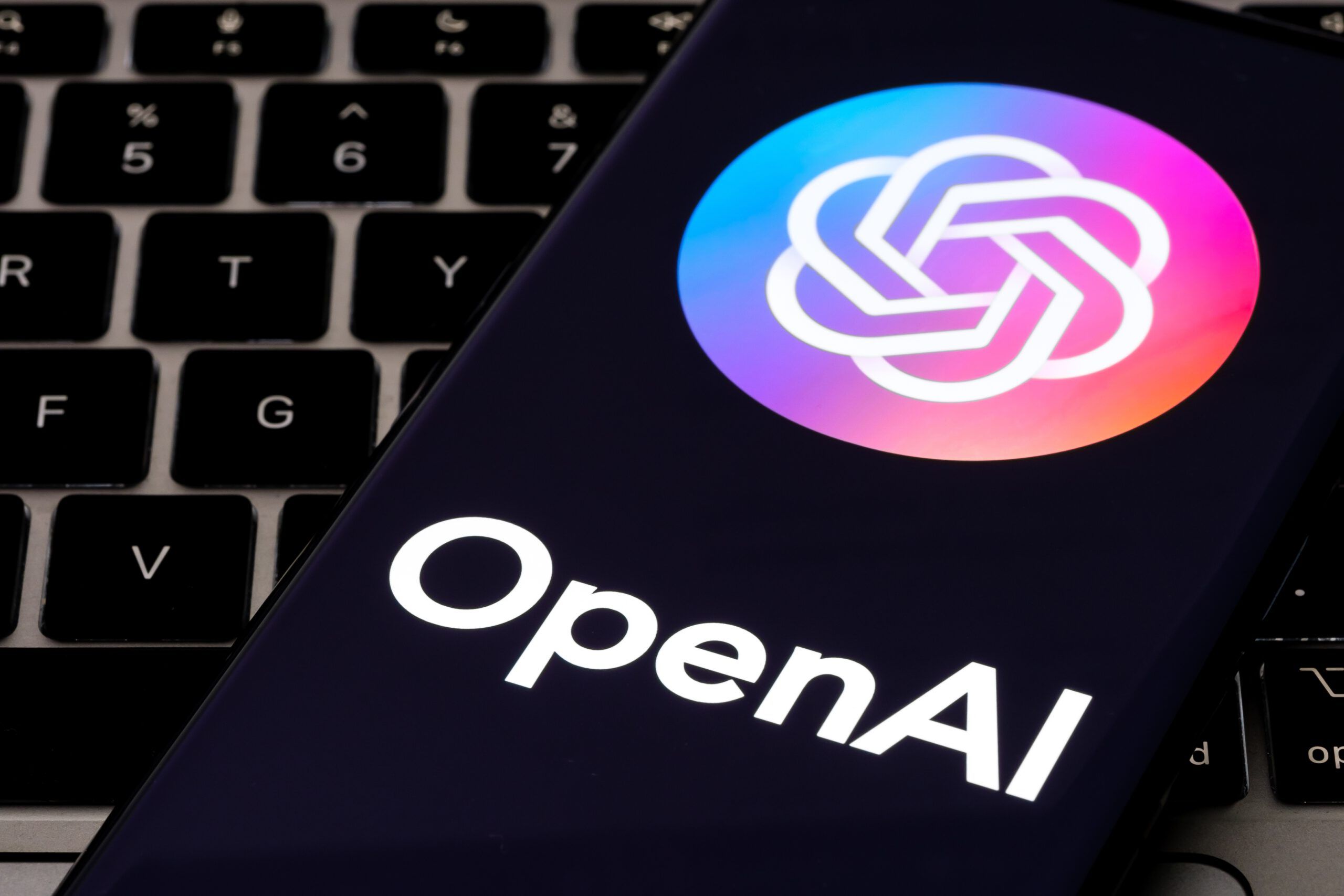Tech companies lead the way
ChatGPT stormed into public consciousness in November 2022, impressing AI-newcomers across the world with its lightning-fast and human-like responses to just about any question imaginable. But what many will not have appreciated is that leading companies, both large and small, have for a number of years been using early variants of the now famous chatbot, and well other OpenAI projects in their operations and offerings. The numbers are continuing to grow, BanklessTimes.com analysed a recent survey to reveal that an incredible 902 companies currently deploying AI in their businesses, and it will be of no surprise that more than a quarter of those (251 companies) are in the technology industry, which is undoubtedly at the forefront of the AI revolution.
The data was collated from companies situated in the United States, and tellingly 167 of the companies accommodating OpenAI are situated in California, home to the acclaimed Silicon Valley as well as the headquarters of industry giants Apple, Alphabet (Google) and Meta.
One of the most prominent tech companies to be using OpenAI is Microsoft, which has been collaborating with the company to integrate OpenAI technology into its software products. Microsoft has now incorporated the GPT suite of products into Office, Teams and Bing to enhance natural language processing capabilities, while OpenAI has also been deployed to enhance its Bot Framework and create more engaging user interactions. Not far behind, Salesforce, the development company behind the workplace messaging app Slack, is also working on incorporating ChatGPT into its product, in the hope that it will help users by summarising conversations and providing assistance with writing.
Not all companies are embracing ChatGPT though, and Amazon has warned its employees to avoid sharing confidential Amazon information with the chatbot. This comes after the company reportedly witnessed ChatGPT responses that contained sensitive internal Amazon data. In a similar vein, schools in France, India, the US and Australia have all sought to impose a blanket ban on ChatGPT due to its potential for misuse.
AI booms in the education sector
While it is true that some schools are concerned about the risks associated with super-smart chatbots, ranging from distraction to plagiarism, many educators are in fact embracing the capabilities of OpenAI technology. ChatGPT can, for example, help to make language more accessible for those with certain disabilities, or even aid with learning a new language.
George Siemens, an international expert on AI and a Professor at the University of South Wales believes that teachers should be using ChatGPT more in the classroom “if you ask ChatGPT to produce a sample lesson plan for grade 5 algebra, the platform creates a set of objectives, any materials you’ll need, plus a range of suitable activities for students at that maths level. Or if you’re teaching programming, ChatGPT can create and debug code”.
Professor Siemens may well be preaching to the converted, as the Enterprise Apps study shows that the education sector is not very far behind the tech one, representing 209 of the 902 companies that report using OpenAI in business processes.
Duolingo is one of the companies leading the way on AI integration in the education sector. Its CEO, Luis von Ahn, was so impressed by the capabilities of OpenAI that after using it for the first time he set up an 8am meeting and restructured his entire company. Now, Duolingo offers its subscribers access to a conversation chatbot in French or Spanish, and the company has in return crafted 1,000-2,000 word prompts for GPT-4 that power the bots.
ChatGPT even has its own guide for educators who are seeking to learn more about the limitations, capabilities and considerations of using AI for teaching and learning. One of the key tools that it offers to those in the education setting is the “AI Text Classifier”, which can help teachers detect a piece of AI generated content.
New sectors embracing AI
Of the 902 companies utilising AI, 98 identified as being in the business services sector, while 89 identified as being in the manufacturing field. With each of these representing just over 10%, these are coming through as key growth sectors for AI. The CEO of Bankless Times feels that this is the beginning of a growth trend that will continue in the coming months.
The CEO of BanklessTimes.comTechnology companies and education settings have been working with and developing artificial intelligence for some time. They have been at the forefront of the revolution and have known about OpenAI long before it reached the public conscience. What we’re starting to see now is new sectors embracing the field and beginning to see what OpenAI can do for them. At the end of last month, Bain and Company, a global consultancy firm that handles the accounts of the Coca-Cola Company, Starbucks and Ford, signed up for a partnership with OpenAI and I would say in the coming months we’ll see more of these partnerships develop.
But can we really expect to see rises across all industries, or are there some areas where it just doesn’t fit? The three sectors least likely to embrace OpenAI are legal, agricultural and culture, and this is perhaps unsurprising: AI does not lend itself well to working a field or singing a song, and nor, one would imagine, would the public feel comfortable entrusting a robot to decide the fate of a human. However, the tide may be starting to turn, and in the criminal law field ChatGPT has already been used to decide the outcome of a bail case in Punjab, and to determine whether a child with autism should pay moderator fees in Cartagena. That is not to say that ChatGPT judgements are likely to become commonplace in the more robust legal systems of the United States and United Kingdom, but there are certainly ways that OpenAI can help to streamline the legal processes. To give one example, London based law-firm Allen and Overy has recently partnered with OpenAI to automate legal document drafting and research through the program “Harvey”, which is adapted from OpenAI’s GPT Software. The firm believes that those who do not adopt generative AI are at a serious competitive disadvantage.
What does the future hold?
The ChatGPT Chatbot program has become a household name over the past few months, but it is really just the beginning in terms of what OpenAI has to offer. Even now, the company boasts four other revolutionary products that are already being used in business operations across the world. OpenAI Five is a computer program that can play a five-on-five video game. GPT-3 utilises deep-learning methods to create human-like text, GPT-2 can answer questions, translate text and summarise passages in an identical way to humans, and finally Dall-E generates digital images from natural language descriptions. We at Bankless Times foresee many, many more products – possibly even ones designed by an AI system – yet to come from this AI leader.
As the Enterprise Apps survey shows, the use of artificial intelligence is becoming common across all sectors, with many areas or processes being improved by the proper application of AI technology. In time, it won’t be a question of which sectors are working with artificial intelligence, but rather whether there are any sectors that aren’t.









